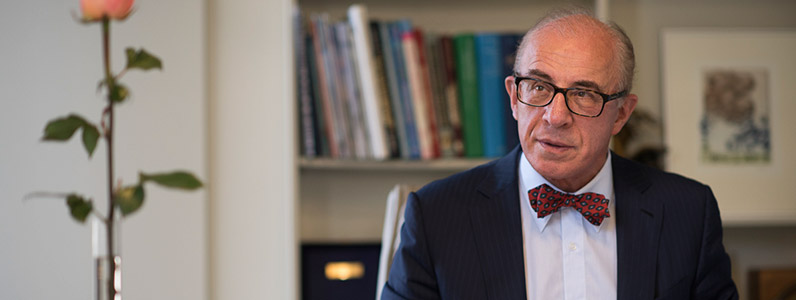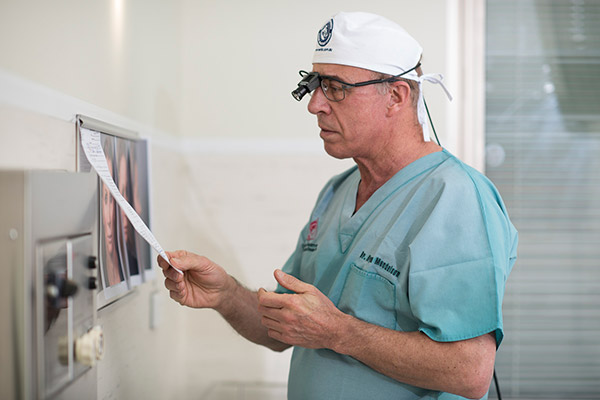
With pregnancy comes a whole new world of required knowledge. What can and can’t you eat or drink? What bras should you be wearing? What exercise are you ‘allowed’ to do? What preparatory classes should you be attending? How do you even look after a baby?? Literally, the list of questions goes on and on…
It’s a confusing old time, and can be quite frustrating trying to find the correct answers to many of your questions. At 28 weeks pregnant, I’ve had a lot of time to do a shed load of research/question asking, so over the next few months I will start sharing all of my knowledge with you, so you can use The Page as a ‘go-to’ for preggo related questions – and hopefully save you the hours of internet surfing that I’ve had to endure.
As a bit of a beauty obsessive, the whole issue of safety when it comes to certain skincare ingredients during pregnancy was one of the first things I wanted to find out about. Could I still get a bit of botox every now and then (the answer is no) and what lotions and potions could I use on my face and body?
First up, ditch the injectables – this is because not enough research has been done surrounding the effects of botox and fillers on unborn babies. It’s really not worth the risk, and actually it’s quite liberating to let it all go… try to focus on your inner health instead (eating right, drinking lots of water and exercising daily) and you’ll find you’ll radiate a new kind of beauty – the pregnancy glow. Plus you’ll save a shed load of money and the wrinkles that re-appear post the disappearing effects of botox are never as bad as you imagined they were to begin with. I’m actually undecided as to whether I’ll bother again after the baby is here (note while you’re breastfeeding the same skincare rules apply).
Admittedly for me, the healthy eating and exercise didn’t happen until I got past the morning sickness. Veggies and exercise were a no-go area until I was about 15 weeks, but that’s okay – just ride the wave, eat what you can stomach (orange juice, marmite on toast and skittles were all i could face) and know that you’ll get back on track just as soon as you feel a little better.
When it comes to skincare products, the main ingredients that seem to cause most concern during pregnancy are retinol (Vitamin A, which has quite amazing effects on the skin in terms of plumping and de-lining and helping with pigmentation) and salicylic acid (a brilliant beta hydroxy acid that helps tackle acne in a big, big way). Salicylic has been shown to cause growth problems and birth defects if taken in high dosages orally, and the same for Vitamin A.
That said, some experts and professionals say that these ingredients are perfectly safe at the (topically applied) levels you would see in shop-bought, non-prescription products. My own opinion? It’s not worth the risk. I’ve avoided both during my pregnancy, mainly because I think for the sake of 9 months, what are few extra fine lines or wrinkles between friends? Remember my mantra ‘let.it.goooo’.
I’m also a bit of anxious soul, and really can’t deal with any added stress, so worrying myself over the strength of an ingredient in a product is the last thing I need to be thinking about. That said, I have been lucky enough to experience blemish-free skin during my pregnancy but some women are, however, prone to acne and melasma as a result of hormonal changes. In this instance it’s best to seek advice and skincare guidance from the likes of Clearskincare Clinics Australia (nationwide), The Clinic in Sydney (see previous post on pregnancy friendly Blueberry peel as a pick-me up) or the Skin & Injecting Clinic on behalf of Dr Bryan C Mendelson in Melbourne.
Regular facials may be required to help keep skin as clear as possible and ingredient recommendations (from the research I have done) suggest using niacinamide or Vitamin B3 (5%) and azelaic acid (15 or 20%) for breakout prone skin or Vitamin C’s and Alpha hydroxy acids for pigmentation-prone skin – all safe for pregnancy.
As a final note, quit with the aerosols as these contain volatile organic compounds (VOCs) and artificial fragrances, which aren’t good for you or your baby especially when used indoors as they can cause VOCs to build up. AND if you change nothing else about your routine during pregnancy, add a daily sunscreen into the mix – it’s SO, SO important. As many as 40% of women develop melasma or the mask of pregnancy and something as simple as using a physical sunscreen containing zinc oxide properly on a daily basis can prevent it. Skin is much more sensitive to the sun during pregnancy, so staying out of it or covering up is key.
Another skin related problem to bear in mind are stretchmarks. Stretchmarks affect as many as 90% of women during pregnancy. As someone who already has a few from my early years I was expecting to get these, although I haven’t seen any yet. Apparently, however they are most likely to form during the last few months when you do the most belly growing so in preparation I’m being very generous with oils and creams, all of which I’ve listed below.
My go brand during pregnancy has been Dermalogica for my face and Sukin for my body – I have resolute trust in both brands and their products.
I also loved the fact I was able to book in for face mapping skin analysis and thorough 60 minute treatment with Dermalogica to get an idea of my problem areas and what was needed and why – head here to find your nearest store and consultant.
#Article Source:
http://www.the-page.com.au/beauty/pregnancy-safe-skincare/
http://plasticsurgerymelbourne.weebly.com/home/pregnancy-safe-skincare-dr-bryan-mendelson
#Article Source:
http://www.the-page.com.au/beauty/pregnancy-safe-skincare/
http://plasticsurgerymelbourne.weebly.com/home/pregnancy-safe-skincare-dr-bryan-mendelson

